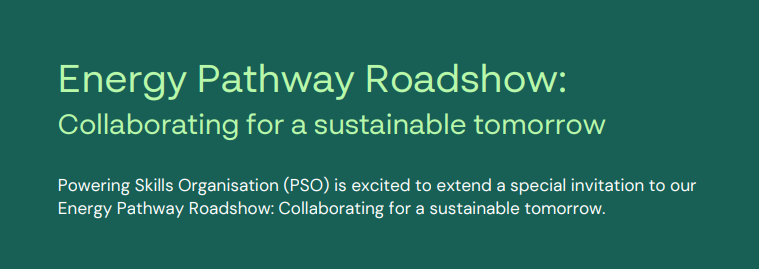New VET Workforce Blueprint Launched to Address Industry Challenges
The Department of Employment and Workplace Relations is excited to announce the release of the VET Workforce Blueprint. This strategic initiative aims to tackle the challenges faced by the Vocational Education and Training (VET) workforce, providing a comprehensive national roadmap for its long-term sustainability.
Insights from Consultations
The development of the Blueprint was greatly informed by the valuable knowledge, insights, and experiences shared during extensive consultations with stakeholders across the VET sector. Their input has been pivotal in shaping a document that identifies a range of opportunities and actionable strategies to enhance the attraction, retention, and capability of the VET workforce.
Key Goals of the Blueprint
The VET Workforce Blueprint sets out several critical goals:
- Grow the Workforce: Increasing the number of individuals entering the VET sector to ensure a steady supply of qualified staff capable of delivering quality training.
- Retain and Develop the Workforce: Fostering an environment that enhances retention rates and supports the ongoing professional development of the workforce, thus ensuring a highly skilled and sustainable VET sector.
- Understand the Workforce: Establishing robust data collection systems to better understand the diverse roles and pathways within the VET landscape.
To achieve these goals, the Blueprint outlines eight opportunities and fourteen actions designed to address the various barriers to workforce attraction, retention, and development. This document will be reviewed regularly to ensure it adapts to the evolving needs of the VET sector and the broader economy.
National Actions to Support the Blueprint
In conjunction with the Blueprint's launch, the Australian Government, in collaboration with states and territories, has announced a foundational suite of national actions aimed at strengthening the VET workforce. These actions include:
- Occupational Mapping: Identifying and mapping the various roles within the VET workforce.
- VET Workforce Data Strategy: Developing strategies for better data collection and analysis concerning the VET workforce.
- Ongoing Research Program: Establishing a research initiative to address key workforce issues.
- Compliance and Administrative Burden Analysis: Mapping and analysing current compliance burdens to identify strategies for reduction.
These initiatives are designed to allow for flexible responses that can be tailored to local, regional, and industry-specific needs.
Industry-Led Responses
To further support the implementation of the Blueprint, the government has allocated $12 million to Jobs and Skills Councils (JSCs) for industry-led initiatives. This funding enables JSCs to identify and address specific VET workforce challenges faced by the industries they represent. The efforts of these councils will complement the actions outlined in the Blueprint, ensuring a coordinated approach to workforce development.
Foundation for Future Research
The Blueprint is backed by the VET Workforce Study conducted by Jobs and Skills Australia, which provides a comprehensive evidence base. This study profiles the current VET workforce, detailing its size, composition, and transitions, and sheds light on key job roles and pathways within the sector.
The VET Workforce Blueprint is a significant step forward in ensuring the long-term sustainability of Australia’s VET sector. By focusing on workforce growth, retention, and understanding, the Blueprint aims to build a robust foundation for high-quality vocational education and training.
For more details and to access the Blueprint, please visit the Department of Employment and Workplace Relations' website at
www.dewr.gov.au/vet-workforce-blueprint.









